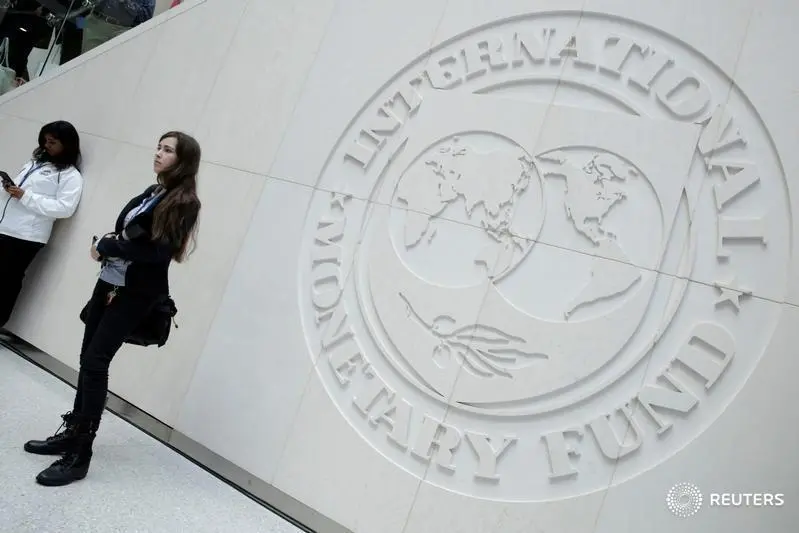PHOTO
LONDON - Global financial regulators and the International Monetary Fund on Thursday set out a roadmap to coordinate measures that stop cryptoassets from undermining macroeconomic and financial stability.
Such risks are exacerbated by noncompliance with existing laws in some instances, the G20's risk watchdog, the Financial Stability Board, and the IMF said in a paper.
Many of the claimed benefits from cryptoassets, such as cheaper and faster cross-border payments, and increased financial inclusion, have yet to materalise, it added.
"Widespread adoption of crypto-assets could undermine the effectiveness of monetary policy, circumvent capital flow management measures, exacerbate fiscal risks, divert resources available for financing the real economy, and threaten global financial stability," the paper said.
The paper sets out timelines for members of the IMF and G20 to implement recent recommendations to regulate crypto from the Financial Stability Board and IOSCO, a global group of securities regulators.
It marks a further evolution in regulatory thinking after several years of seeing little threat from the sector, with attitudes hardening after the collapse of crypto exchange FTX last November, which rattled markets and left investors nursing losses.
"A comprehensive policy and regulatory response for crypto-assets is necessary to address the risks of crypto-assets to macroeconomic and financial stability," said the paper, which will be presented to G20 leaders at a summit this month in New Delhi.
The European Union has approved the world's first comprehensive set of rules for cryptoassets, but there is a patchier approach elsewhere to a borderless sector where fraud and manipulation are "prevalent".
Other elements include governments avoiding large deficits which can lead to inflation that dents fiat currencies and encourages substitutes such as cryptoassets, the paper said.
The tax treatment of cryptoassets should also be spelled out, along with how existing laws apply to the sector.
(Reporting by Huw Jones; Editing by Sharon Singleton)





















